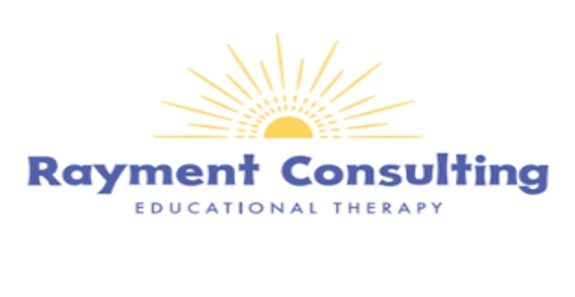Research Support
Evidence Based Results
Standardized Testing Data Available
Best Teaching Practices
References Available
Over half of the National Reading Panel research proves that phonemic awareness is the critical skill needed for reading development. Students who receive specific instruction, dramatically improve their reading rates. Because phonemic awareness is an essential skill to success it is important to understand which programs and types of remediation will be most successful to teach this vital literacy skill set.
The National Reading Panel shows that students in kindergarten and grade one who perform poorly with auditory perception activities and tests are at risk of early literacy failure.
Early reading development requires students to use their auditory perception skills to understand how sounds and letters work together. Using their knowledge of sounds and letters, students are expected to learn how to "sound out" unknown words. Students who do not develop strong auditory perception will struggle with reading because they do not have the skills to connect sounds with letters.
Some students will memorize bits and pieces of reading and spelling that will eventually be inadequate to advance their skills.
The human brain is hard wired for language development. Over the past forty years, scientific research on reading acquisition shows that learning to read is not a natural process; learning to read, spell and write requires purposeful research based instruction.
Research studies being conducted by The National Institute of Child Health and Human Development (NICHD) on normal and irregular reading development patterns in children show that the awareness of sounds (phonemes) is critical for literacy acquisition. Auditory perception or phonological awareness is the ability to understand, isolate, identify, order and manipulate sounds that make up words in our language
Over half of the National Reading Panel research proves that phonemic awareness is the critical skill needed for reading development. Students who receive specific instruction dramatically improve their reading rates. Because phonemic awareness is an essential skill to success it is important to understand which programs and types of remediation will be most successful to teach this vital literacy skill set.
Students with strong literacy skills will confidently reach their potential through greater opportunities for positive economic and social outcomes in their lives. Our work with students is designed to bridge the gap between the spoken and written word allowing for literacy development at any age.
If your child is 6 years or older and is not responding to classroom instruction or intervention programs they may need remediation to develop phonemic awareness before receiving reading instruction. The following programs WILL NOT remediate or teach phonemic awareness skills regardless of your child's current abilities:
Vision Therapy
Systems 44
Colored paper overlays
Hooked on Phonics
Read 180
Overlays
Read Naturally
Audio Books
Medicine
CogMed
Special Glasses
Vitamins
Brain Gym
Colored lenses
Special diets
